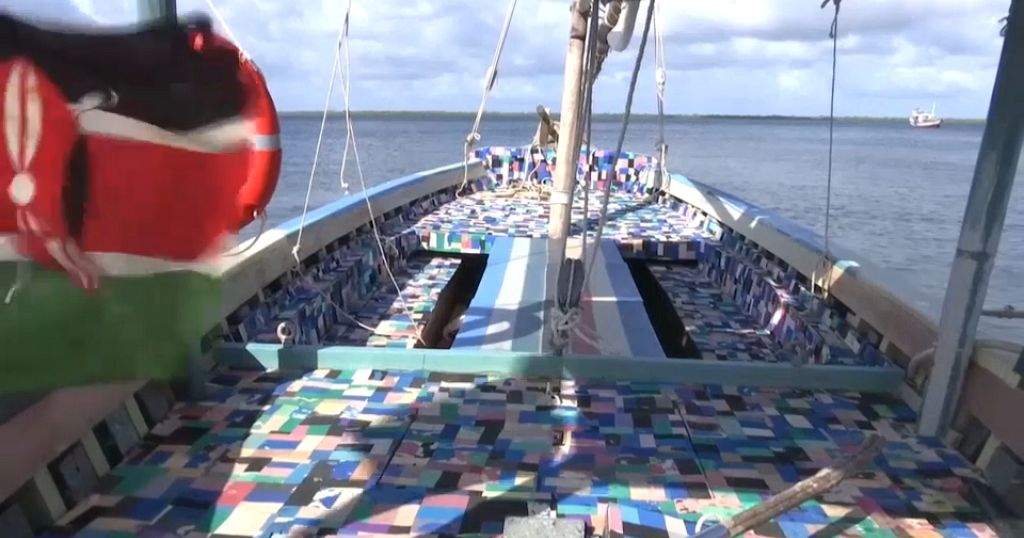The Flipflopi Project: Turning Waste into Wonder
On Lamu island, off the coast of Kenya, the Flipflopi Project is revolutionizing the way people think about plastic waste. Founded in 2016, the non-governmental organization (NGO) has been upcycling plastic waste into boats and furniture, providing a livelihood for local residents and highlighting the importance of sustainable living.
For 47-year-old Usmail, collecting plastic waste is a vital part of his daily routine. He sells his finds to the Flipflopi Project at Ksh16 per-kilogram, equivalent to 16 cents in dollars. With no formal job, the income allows him to support his family and educate his children.
The Flipflopi Project receives grants from other NGOs, which are used to purchase plastic waste from local communities. At their facility, the NGO’s co-founder, Ali Skanda, explains the process: "We buy from the community, transport the plastic to our sorting facility, and then separate it into different types and colors. We break the plastic into flakes, create lumber-like shapes, and use them to make furniture."
However, recycling comes with its challenges. According to Skanda, the addition of additives to plastic by manufacturers makes it difficult to recycle. Additionally, exposure to sunlight can cause plastic to degrade, affecting its quality. Despite these hurdles, the NGO continues to innovate, recognizing the potential for almost all plastic to be recycled.
Since 2019, Flipflopi has been making waves with its recycled plastic sailing boats. The NGO’s flagship vessel, also named Flipflopi, sailed from the Indian Ocean to Lake Victoria, breaking records and raising awareness about the impact of plastic waste on the environment. Two more boats have been launched subsequently.
The Flipflopi Project’s success lies in its ability to connect local communities with sustainable living practices, providing a glimpse into a future where plastic waste is transformed into wonders, rather than waste.
